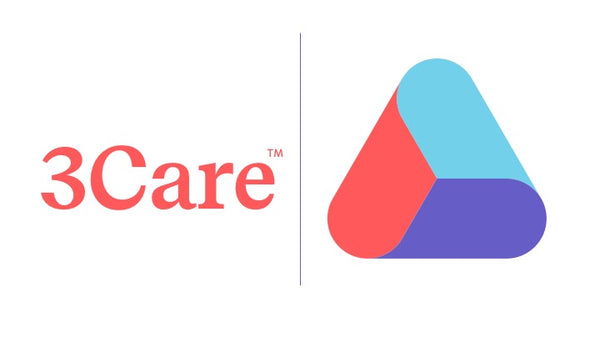A trial reported in 2016 indicates that supplementation with omega 3 fatty acids eicosapentaenoic acid (EPA) and docosahexaenoic acid (DHA) can help improve major depression.
The study shows that both high levels of EPA+DHA at baseline and supplementation with these two omega 3 fatty acids result in favorable post-treatment outcomes in major depression patients.
Previous studies have revealed that EPA and DHA levels in red blood cells are low in patients with major depression suggesting that supplementation with these omega 3 fatty acids may help treat major depression.
For the trial, EPA, DHA and omega 6 fatty acid arachidonic acid (AA) are measured in 122 patients with major depression at baseline and after treatment with either sertraline at 50 mg/day or EPA plus DHA at 930 mg and 750 mg per day respectively, or sertraline plus placebo. Sertraline is an anti- depression drug.
The study finds that patients with major depression who experience remission have significantly high levels of baseline levels of EPA and DHA, and high ratios of EPA+DHA to AA.
Among patients treated with sertraline plus placebo, there is no association between omega 3 supplementation and odds of remission of depression.
The study concludes that “high baseline RBC levels of EPA and DHA and a high EPA + DHA:AA ratio predict favorable depression outcomes in patients receiving omega-3 supplements.”
The trial does not intend to determine the optimal dose of the omega 3 fatty acids and duration which the supplementation should be carried out.
